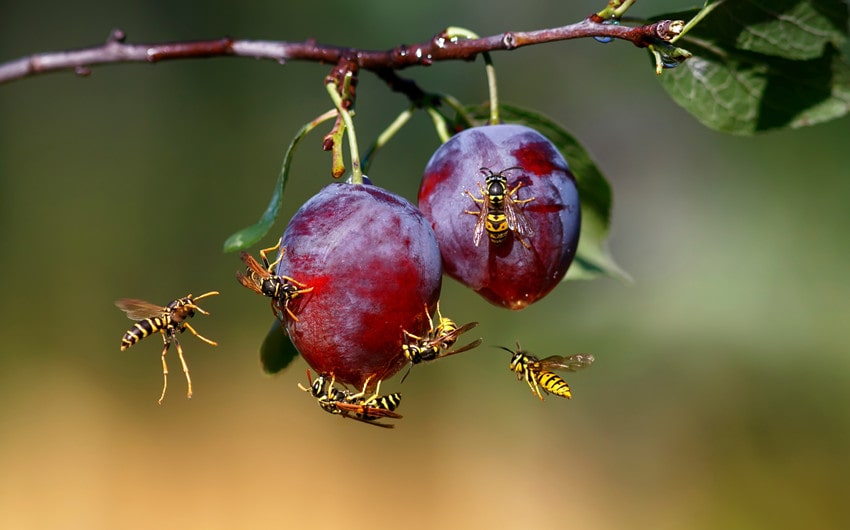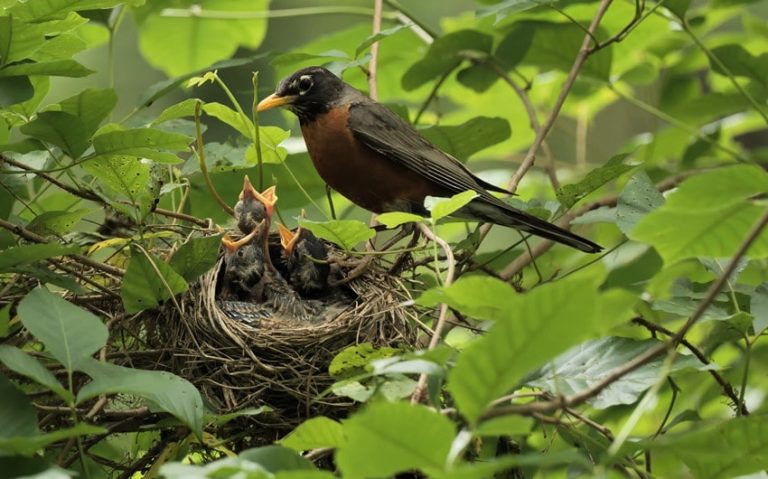Wasps often get a bad rap as unwelcome guests at outdoor gatherings, leaving many to wonder, “What are wasps good for?” Beyond their sting, wasps play pivotal roles in our ecosystems, contributing to biodiversity, agriculture, and even viticulture. This article sheds light on the multifaceted benefits of these misunderstood insects, revealing their indispensable contributions to our world.
Understanding Wasps

Wasps are a diverse group of insects with over 30,000 identified species, each playing unique roles in their habitats. Unlike bees, wasps can be either social or solitary, with social wasps building complex nests and living in colonies, while solitary wasps typically live alone and do not construct communal nests. Wasps are known for their slender bodies, narrow waists, and in some species, vivid markings.
The diet of wasps varies widely among species. Social wasps, such as yellow jackets and hornets, often feed on nectar, fruits, and other insects, making them important for natural pest control. Solitary wasps, on the other hand, may lay their eggs directly on or in other insects, providing their larvae with a fresh food source upon hatching.
Wasps play a significant role in pollination, though they are not as efficient as bees due to their lack of specialized structures for carrying pollen. Nonetheless, their foraging activities contribute to the cross-pollination of many plants and flowers. Some wasp species have evolved in tandem with specific plant species, becoming essential to those plants’ reproductive processes.
Their nesting habits vary greatly, with some species constructing paper-like nests from chewed wood pulp and saliva, while others burrow into the ground or utilize existing cavities in wood or soil. These nesting activities can contribute to soil aeration and nutrient cycling, further underscoring wasps’ ecological significance.
Understanding the complex roles of wasps highlights their importance beyond their sting, revealing a world of ecological benefits that impact our food supply, natural pest control, and the health of our ecosystems.
Ecological Benefits of Wasps
Wasps, often misunderstood for their painful stings, are in fact pivotal players in maintaining ecological balance and promoting biodiversity. Their ecological benefits span various functions, from pollination to natural pest control, soil health, and even aiding in scientific research and conservation efforts.
1. Pollination

While wasps are not the primary pollinators in most ecosystems, their contribution to pollination is not insignificant. Certain plant species rely on wasps for successful pollination, particularly those with deep or complex flowers that are less accessible to bees.
As wasps move from flower to flower in search of nectar, they inadvertently transfer pollen, aiding in plant reproduction. This pollination process is crucial for the production of fruits and seeds, ensuring the survival of a wide array of plant species and the continuation of diverse ecosystems.
2. Natural Pest Control
One of the most significant ecological roles of wasps is their contribution to natural pest control. Many wasp species are predatory and feed on common garden pests such as caterpillars, aphids, and flies. By controlling the populations of these pests, wasps help protect crops and gardens, reducing the need for chemical pesticides.
This natural form of pest management supports sustainable agriculture practices and helps maintain the health of crops and native plant species.
3. Soil Aeration and Nutrient Cycling
Ground-nesting wasps contribute to the health of soils through their nesting activities. By digging tunnels and creating underground chambers, these wasps aerate the soil, improving its structure and water infiltration.
This aeration is essential for root growth and helps in the decomposition process, facilitating nutrient cycling. Healthier soils support stronger plant growth, contributing to more robust and diverse ecosystems.
4. Seed Dispersal
Wasps also play a role in seed dispersal, particularly for plant species that produce fruit or seeds attractive to wasps. As wasps feed on these fruits, they can transport seeds to new locations, either through excretion or by dropping seeds as they fly.
This seed dispersal mechanism helps in the spread of plant species, contributing to habitat diversity and the expansion of plant populations across different areas.
5. Bioindicators of Environmental Health
Wasps can serve as bioindicators, providing insights into the health of ecosystems. Changes in wasp populations, diversity, and behavior can indicate shifts in environmental conditions, such as pollution levels, habitat loss, or climate change.
Monitoring wasp populations can thus help scientists and conservationists assess the impact of environmental changes and guide conservation efforts to protect ecosystems and biodiversity.
6. Beneficial for Grape Cultivation

In viticulture, wasps play a unique role in supporting grape cultivation. They help manage populations of insects that could damage grapevines, thus protecting this valuable crop.
Additionally, some research suggests that wasps might contribute to the natural fermentation process of wine by transferring wild yeasts to grapes, a process essential for wine production. This symbiotic relationship between wasps and grapevines highlights the intricate ways in which these insects support agricultural practices and contribute to industries such as winemaking.
In summary, the ecological benefits of wasps extend far beyond what is commonly recognized. Their roles in pollination, pest control, soil health, seed dispersal, and as indicators of environmental health are vital to sustaining ecosystems and supporting human activities such as agriculture and viticulture.
Understanding and appreciating these benefits can lead to more wasp-friendly practices and conservation efforts, ensuring that wasps continue to thrive and provide these essential ecological services.
Conclusion
Wasps do far more than just buzz around your picnic. From pollination to pest control and beyond, their roles are vital in maintaining ecological balance and supporting agriculture. So, the next time you wonder what are wasps good for, remember these 6 essential contributions that highlight their importance in our world.



